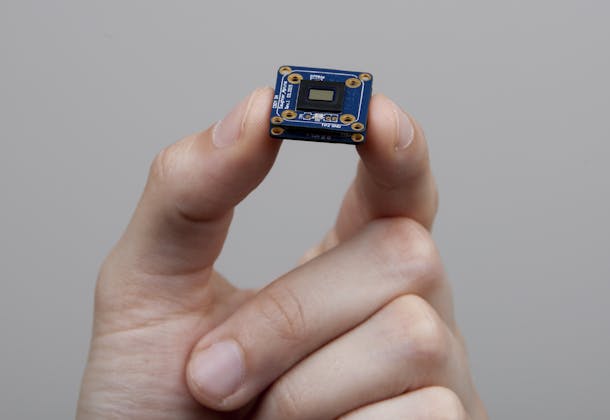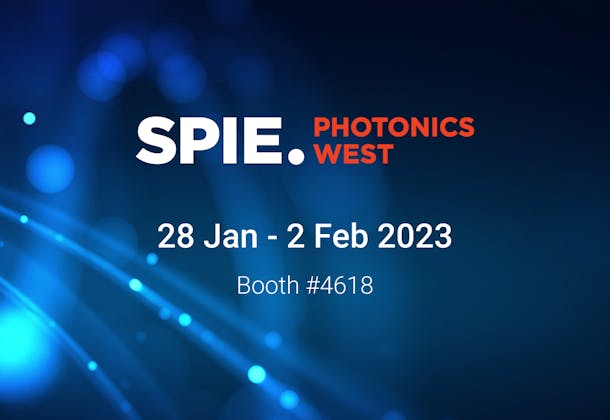October 28, 2019
Blood testing with the SWIRSENSE laser
CSEM and its partner Brolis Semiconductors have developed a laser that can measure blood glucose and serum albumin levels through skin. This non-invasive, analytical method, offers a new, reliable approach towards diagnosing conditions like diabetes or liver failure.



